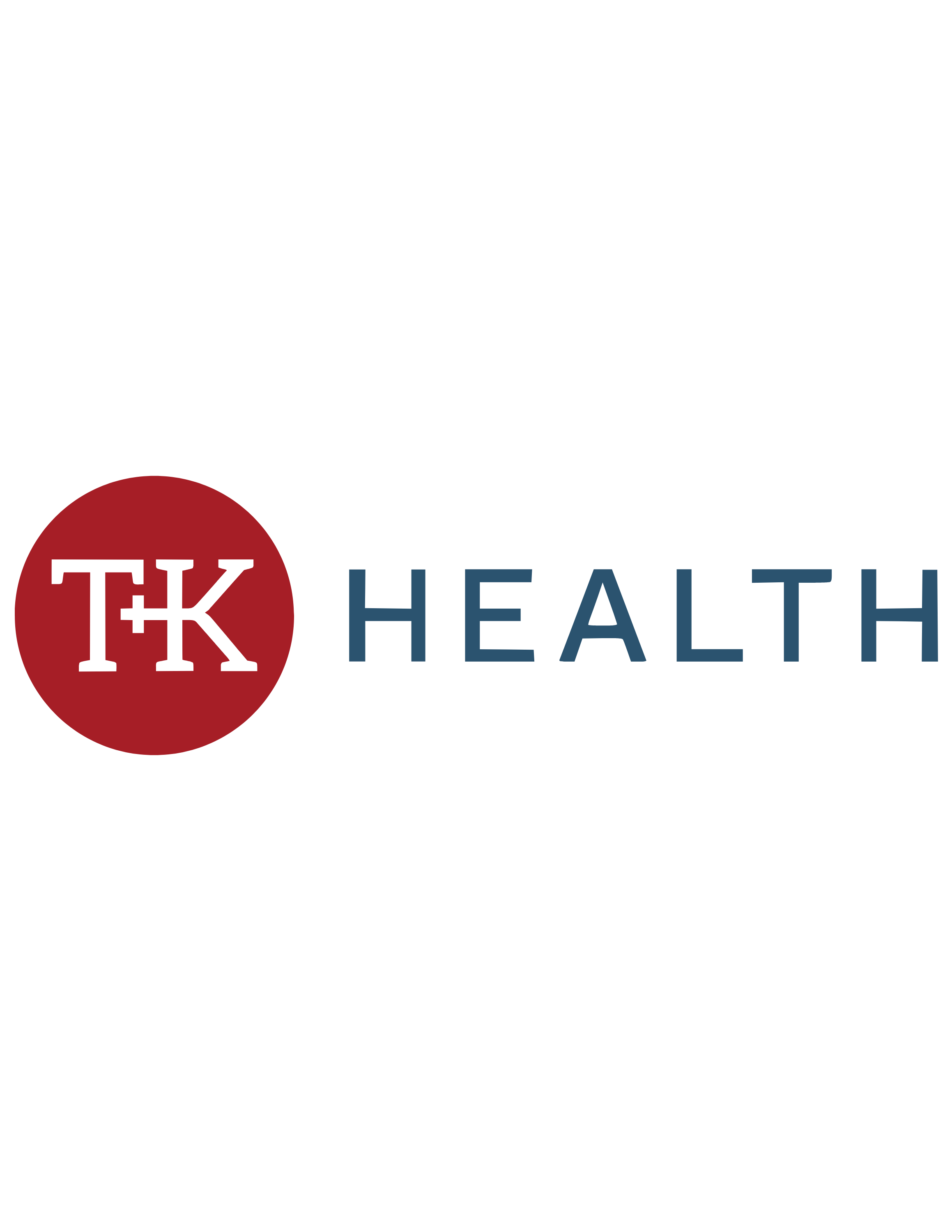Are you exploring the idea of becoming a correctional nurse? Correctional nursing is a unique role within the healthcare industry that offers a great deal of variety in tasks and the ability to make a real difference in people’s lives. The benefits of correctional nursing are many, making it a sought-after and rewarding role.
What is Correctional Nursing?
Correctional nursing is a specialized type of nursing that focuses on providing healthcare services to people in correctional facilities such as jails, prisons, and juvenile detention centers. These nurses deliver a wide range of care, including preventative, emergency, and ongoing treatment for inmates.
As a correctional nurse, you work in different settings from traditional hospitals or clinics. Your workplace is a secure facility where you must adhere to safety protocols and security measures. You also collaborate with corrections personnel and other healthcare providers to help keep the environment safe.
Why Is Correctional Nursing Important?
Correctional nursing provides constitutionally mandated healthcare to inmates, but it also has far-reaching effects on public health, mental health care, and rehabilitation efforts. Your work impacts more than individual inmates. It has societal implications.
Addressing Vulnerable Populations
Correctional nursing plays a critical role in serving a marginalized group — incarcerated people. Many inmates may not have had access to healthcare. By providing healthcare in correctional facilities, you help bridge this gap, ensuring these people receive essential medical services.
Public Health Impact
The impact of correctional nursing extends beyond the jails. Incarcerated populations often experience higher rates of infectious diseases, such as HIV, hepatitis, and sexually transmitted infections.
In correctional nursing, you play a key role in identifying, treating, and controlling the spread of these diseases. By managing outbreaks within correctional settings, you help protect the health of inmates, staff, and the broader community when people are released.
Preventing the spread of infections is not only a public health benefit but also reduces healthcare costs in the long run.
Mental Health Care
One of the most pressing challenges in the criminal justice system is the mental health crisis among inmates. The American Psychological Association reports that 64% of jail inmates have mental health disorders. These disorders range in severity from depression and anxiety to severe conditions like schizophrenia.
As a correctional nurse, you are often on the front lines of mental health care. By addressing these issues, you help stabilize inmates, improving their quality of life and reducing the likelihood of self-harm or violent incidents within the jail.
Promoting Rehabilitation and Reducing Recidivism
Healthcare is a key factor in rehabilitation and successful reintegration into society. Inmates who receive proper medical and mental health care during their incarceration are better equipped to manage their conditions after release. This continuity of care helps reduce recidivism rates by addressing health issues that may otherwise contribute to reoffending.
Correctional nurses play a significant role in promoting rehabilitation by educating patients about their health conditions, teaching self-care strategies, and ensuring they have access to necessary treatments and medications as they transition back into the community.
5 Benefits of Correctional Nursing
Correctional nursing offers many personal and professional benefits. Here are just some of them.
1. Professional Growth
You gain experience in a wide range of areas, from primary care and emergency medicine to mental health and chronic disease management.
Working in a fast-paced, often unpredictable environment also fosters critical thinking and problem-solving abilities, which are highly valued in all areas of nursing.
This diverse experience can enhance your clinical skills and open doors for future career opportunities if you choose to pursue other types of nursing or management roles.
2. Job Stability and High Demand
Correctional healthcare is a growing sector due to the, unfortunately, rising number of incarcerated people. Nearly two million people are incarcerated in the U.S., and the number grows every year. These people have a constitutional right to healthcare, creating an ongoing need for correctional nurses. You never have to worry about if your services will be needed or if you’ll have a job in correctional nursing.
3. Competitive Pay and Benefits
Due to the challenging nature of their work, correctional nurses often receive higher pay and better benefits packages than nurses in traditional healthcare settings. The average pay for a registered nurse is about $45 an hour. Pay rates depend on the state you live in and your employer.
4. Impact on Public Health
As noted earlier, correctional nursing provides critical healthcare to marginalized populations, many of whom may have had little to no access to medical care prior to incarceration. This, along with treating infectious diseases and chronic conditions, has a notable, recognized impact on public health.
5. Personal Fulfillment
Working with incarcerated people can be challenging in many ways. It also can lead to impactful, meaningful interactions where you can see the positive change you make in someone’s life. The greater impact on public health, while more intangible, also helps you recognize that you’re playing a greater role outside the facility where you work. A lot of personal fulfillment comes with this role.
How To Get Started in Correctional Nursing
Ready to get started in correctional nursing? As long as you meet the educational, licensing, and professional qualifications, you’re good to go!
Qualifications to become a correctional nurse are:
- Degree. You must have a nursing degree, either an Associate Degree in Nursing (ADN) or a Bachelor of Science in Nursing (BSN), depending on the employer.
- Licensing. You must pass the licensing requirements to become a Registered Nurse (RN), Licensed Vocational Nurse (LVN), or Licensed Practical Nurse (LPN). As you likely know, each state has its own licensing requirements, so you must have an active license in the state where you will work.
- Experience. While some correctional facilities hire newly licensed nurses, others prefer candidates with prior experience, particularly in emergency rooms, mental health clinics, or public health facilities. Any healthcare experience you have is valuable. Be sure to highlight it when you’re applying.
- Certifications. Some employers may ask for special certifications, like the Certified Correctional Health Professional (CCHP), demonstrating your expertise in correctional healthcare. If you have any special healthcare certifications, make sure your potential employer knows.
Correctional Nursing Roles with TK Health
If you’re interested in working in correctional nursing, TK Health wants to talk to you. We’re an Oklahoma-based correctional healthcare provider that employs about 760 nurses in jails across the region. We provide excellent pay and benefits, and we’re adding to our team. Take a look at our open roles.

